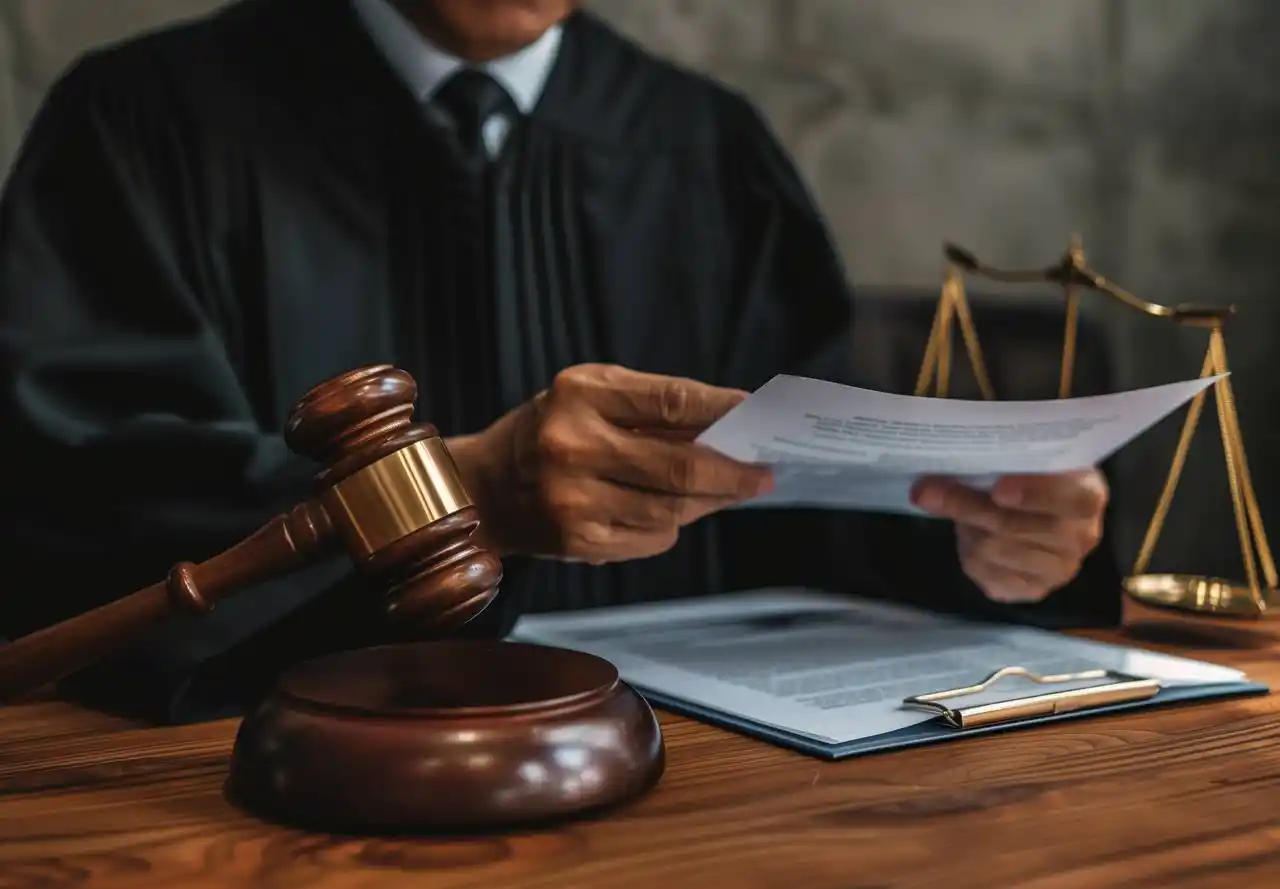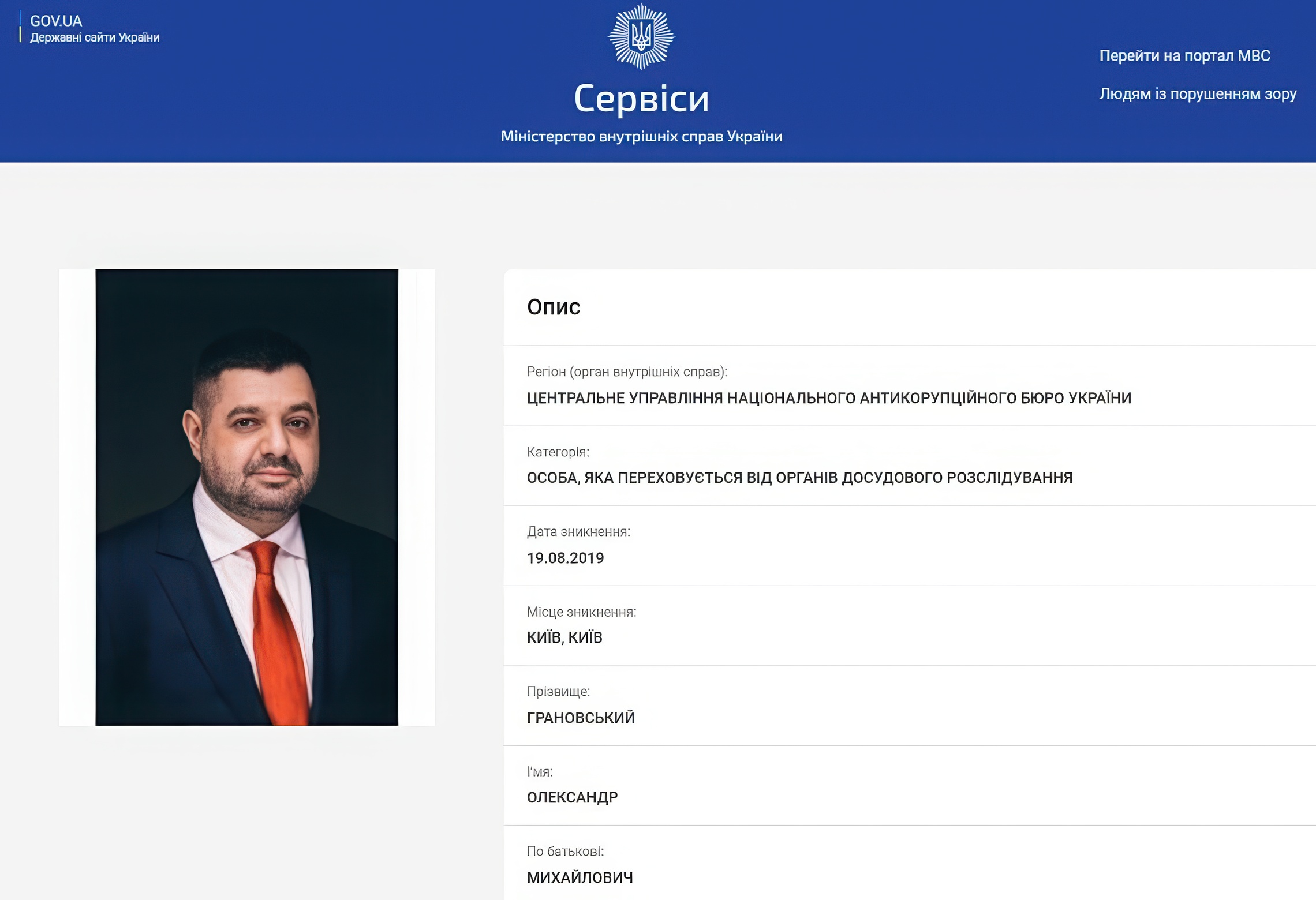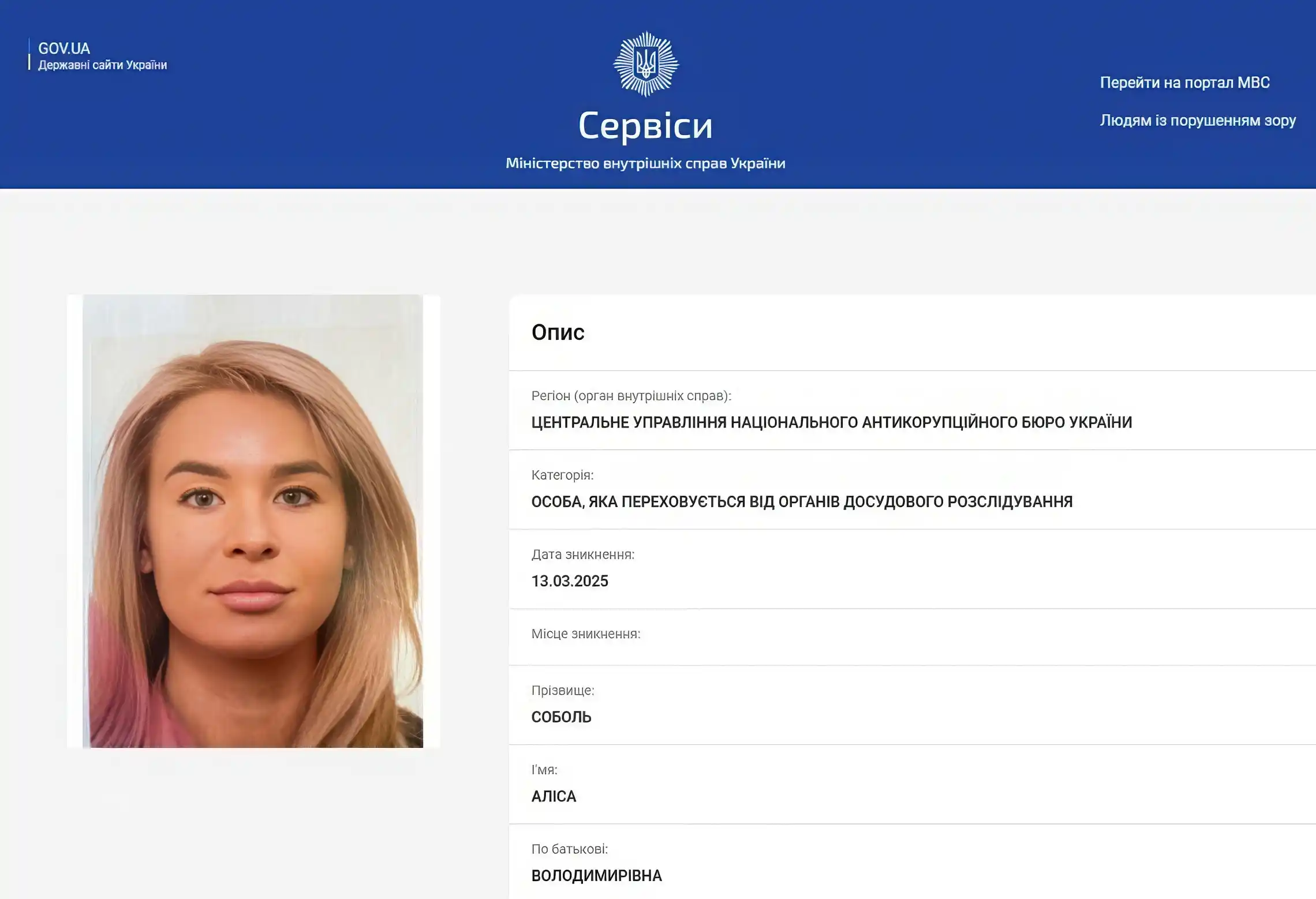HACC Releases Tyshchenko on Personal Recognizance

The High Anti-Corruption Court has released businessman Serhiy Tyshchenko on personal bail. NABU and SAPO suspect him of appropriating nationalized oil products of oligarch Serhiy Kurchenko worth approximately UAH 817 million.
As is known, in February 2025, the anti-corruption court sent Tyshchenko under house arrest. At the same time, the maximum term of house arrest of 6 months expires on August 11.
Therefore, the detective of the National Anti-Corruption Bureau asked the court to apply a preventive measure to Tyshchenko in the form of a personal obligation and the imposition of the following obligations: to appear upon each request; not to leave the territory of the city of Kyiv, Kyiv and Zhytomyr regions without permission; to report a change in his place of residence and/or place of work; to refrain from communicating with a number of persons regarding the circumstances set forth in the report of suspicion; to hand over his foreign passports and to wear an electronic bracelet.
The petition is granted. For the duration of the resolution, apply a preventive measure in the form of a personal obligation to the suspect (Tyshchenko – ed.) by imposing duties on him. The resolution is valid until October 11, 2025 inclusive.
Serhiy Pashinsky is a figure in the EBK database.
As a reminder, NABU and SAPO reported suspicions of former People's Deputy Serhiy Pashinsky, businessman Serhiy Tyshchenko , and others in the seizure of Kurchenko's seized petroleum products, which were subject to nationalization.
The investigation found that in 2014, a court seized 97,000 tons of petroleum products imported into Ukraine in violation of the law. According to the investigation, Tyshchenko and Pashinsky developed a scheme to seize the seized property and created a criminal organization for this purpose.
They achieved the transfer of fuel and lubricants to a state-owned enterprise, in which they appointed controlled individuals to management positions. At the same time, Pashinsky ensured control over the oil product storage bases by units of the Ministry of Internal Affairs, whose actions were directed on the ground by members of the criminal organization.
Later, under the pretext of "forced sale", the state-owned enterprise sold the raw materials in full at undervalued prices to a company controlled by the organizer of the scheme. Part of the funds received for this were transferred to the companies' accounts, while not a single hryvnia was received by the state budget. The total amount of losses caused to the state as a result of the scheme is UAH 817 million.



